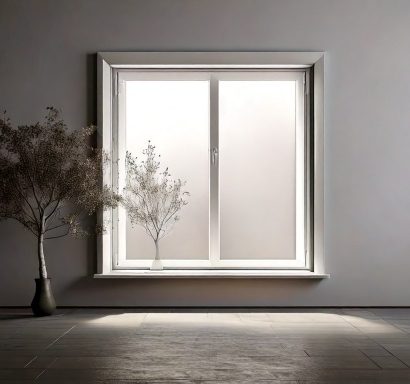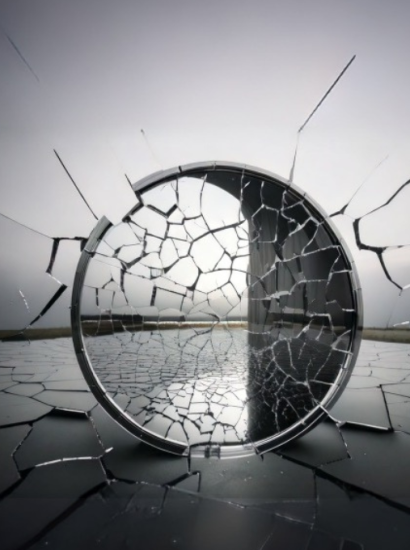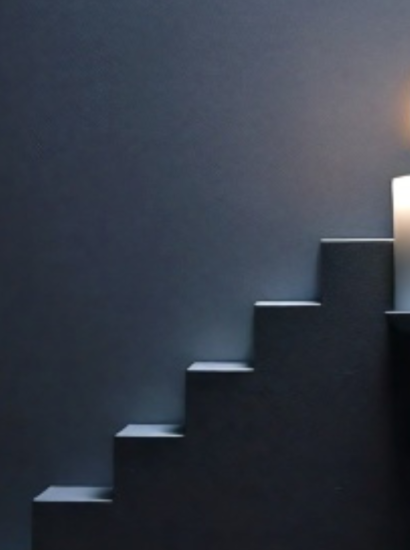This post is also available in: ΕΛΛΗΝΙΚΑ (GREEK) TÜRKÇE (TURKISH)
It was a house built of concrete blocks. On the roof, metal sheets had initially been placed, and when it rained, you’d think someone was throwing stones at it. The floor was polished concrete, without any covering. Nevertheless, in 1976, after living under trees, unfinished buildings and tents, it represented a transition to a dignified existence. You could have your own room, have some privacy and be alone with your teenage self.
Gradually, other houses were added around it, forming a neighbourhood of people with common reference points (traumas would be the more accurate terminology). The family opposite our house was from Kyra Morphou, those behind from Varosha, those next door from the Vouno, from Zodia, Vasileia, Kythrea, Marathovounos… Over the years, the neighbourhood grew into an entire city, and temporary accomodation became permanent.
I lived in this house for more years than in the house where I was born, in Dikomo. Yet I never felt it was my home. It was a shelter until we could return to our real home. Even when we knew there would be no return, it never became my home (I can’t speak for my mother, who moved in at 40 and left at 86). I don’t yearn for anything about it, not a single moment we lived there; I remember almost nothing except the people. Unlike the vivid images that remain—fragmented but clear—of the house in Dikomo, about which they say, if you haven’t lived there for 10 years, it means you have no emotional connection and don’t deserve to have it.
Today, then, I sold (along with my brother) our refugee house and felt that the last tie to refugee life was cut—not the identity of being a refugee, but the experiences.
The house, as a tangible symbol of those experiences, changed hands. It passed into the ownership of a young couple who dream of reviving it, shaping it to their desires, and making it their home by choice. And precisely there—in choice—perhaps lies the explanation for my feelings. They chose it for its price, location, potential, or any other reason. For us, it was “imposed.” It was fortunate (and an achievement of my parents) that we acquired it, but we didn’t want it. It was the culmination of an unwanted journey. And today, one can have the illusion that this journey has ended. Although for the journey to truly end, it would have to be circular, returning to where it began.
Fifty-one years later, houses in refugee settlements change hands, are demolished, rebuilt, acquire new residents, foreign and local, descendants of refugees or not. Across the divide, they inaugurate presidential palaces while we mentally wander through the houses where we were born.
This article was first published on 03.05.2025
Source: TODAY I SOLD MY REFUGEE HOME






